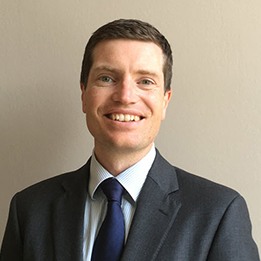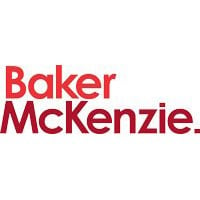

General counsel corporate centre and group functions | Swiss Re




Nick Raymond
General counsel corporate centre and group functions | Swiss Re
Focus on…
Fostering Talent in In-House Teams
Driven by a combination of internal and external factors, the legal risk profiles of companies continue to evolve and as in-house counsel, we need to respond to the changing business environment.
Internal factors such as complex operating structures, diversification of business strategies, digital and technological solutions and cost focus continue to be the norm. External factors have also served to increase legal and reputational risk; for example, increased regulation – which is often fragmented, continued regulatory focus on enforcement, and concepts such as ethical expectations and corporate culture. For most in-house legal teams, our people are our product. It is thus, imperative that we hire the best talent possible and try to nurture that talent to address these challenges.
Team composition and hiring the right talent with this in mind is important. I believe diversity within an in-house legal team is a prerequisite to achieving better outcomes for our clients. Furthermore, the more included team members feel, the better the team performs. Diversity of thought, experience, background, and culture are especially important when operating in a global business. In terms of individual team member skill sets, there is a need for a combination of technical expertise, attitude, and judgment.
Due to multiple and increasing stakeholder expectations of companies, driven by factors such as ESG, it is no longer sufficient for in-house lawyers to simply identify legal risks and mitigants; they must also be able consider dimensions beyond that – such as ethical and reputational considerations. They also need to ask themselves the simple question: is what we are proposing do the smart thing to do?
One simple, practical step we have taken is the use of targeted case studies as part of the interview process. The case studies are based on real-life fact patterns and are designed to test both technical knowledge, and a candidate’s ability to balance the dual-enabling and governance requirements of an in-house counsel, as well as overall judgment.
We collaborated with a sports psychologist from the University of Zurich’s Institute of Applied Psychology to look at common elements of high performing teams, and the link between individuals and team performance. The three key themes we focused on were psychological safety, clarity, and responsibility.
In terms of psychological safety, we have worked to encourage a feedback culture where as a leadership team, we see ourselves as both coaches and team leaders. As part of a broader initiative across legal and compliance, we have also run sound judgment sessions where we take complex real-life examples and ask team members to share and discuss their views on how to resolve a particular situation. To drive empowerment and accountability at all levels, we also sought to address feedback from team members by clarifying their individual topics of responsibility. Regardless of level, all team members are encouraged to lead on legal topics and themes and contribute to others. This also helps us define clear goals and development plans and offers opportunities to learn.
For all that technology may bring to our future roles as in-house counsel, ultimately, for the time being at least, it is worth remembering we are nothing without our people.
General counsel corporate centre and group functions | Swiss Re – Corporate Centre and Group Functions
Head of Capital Markets Finance Legal Team | Swiss Re
In his time at Swiss Re, Nick Raymond has progressed through different areas of the flagship insurance group, and has played a pivotal role in ‘corporate reorganisation’ that has precipitated...
General counsel corporate centre and group functions | Swiss Re
Nick Raymond has progressed through different areas of the flagship insurance group, and world’s second largest reinsurer, over his 13 year tenure, playing a pivotal role in the corporate reorganisation...